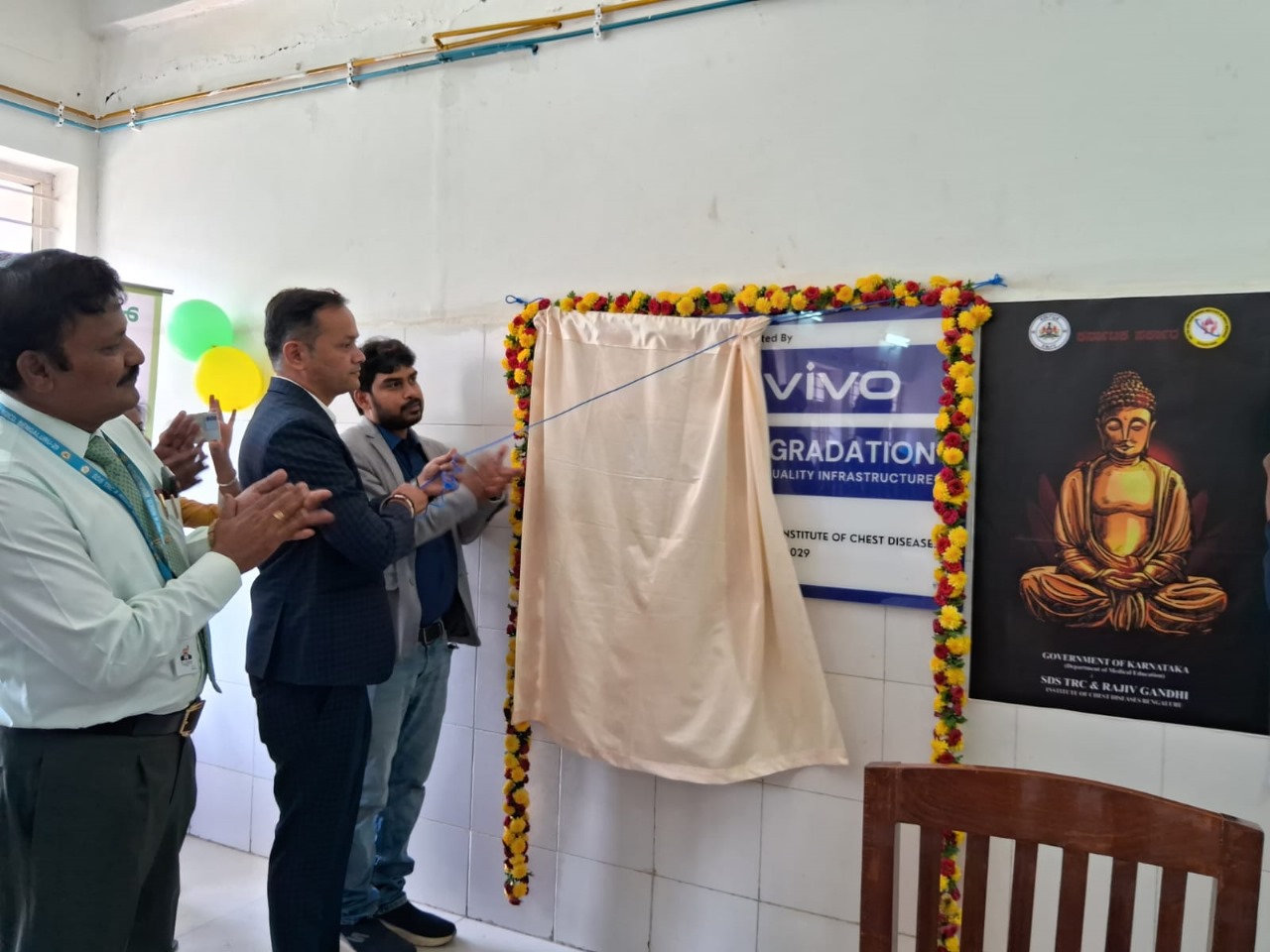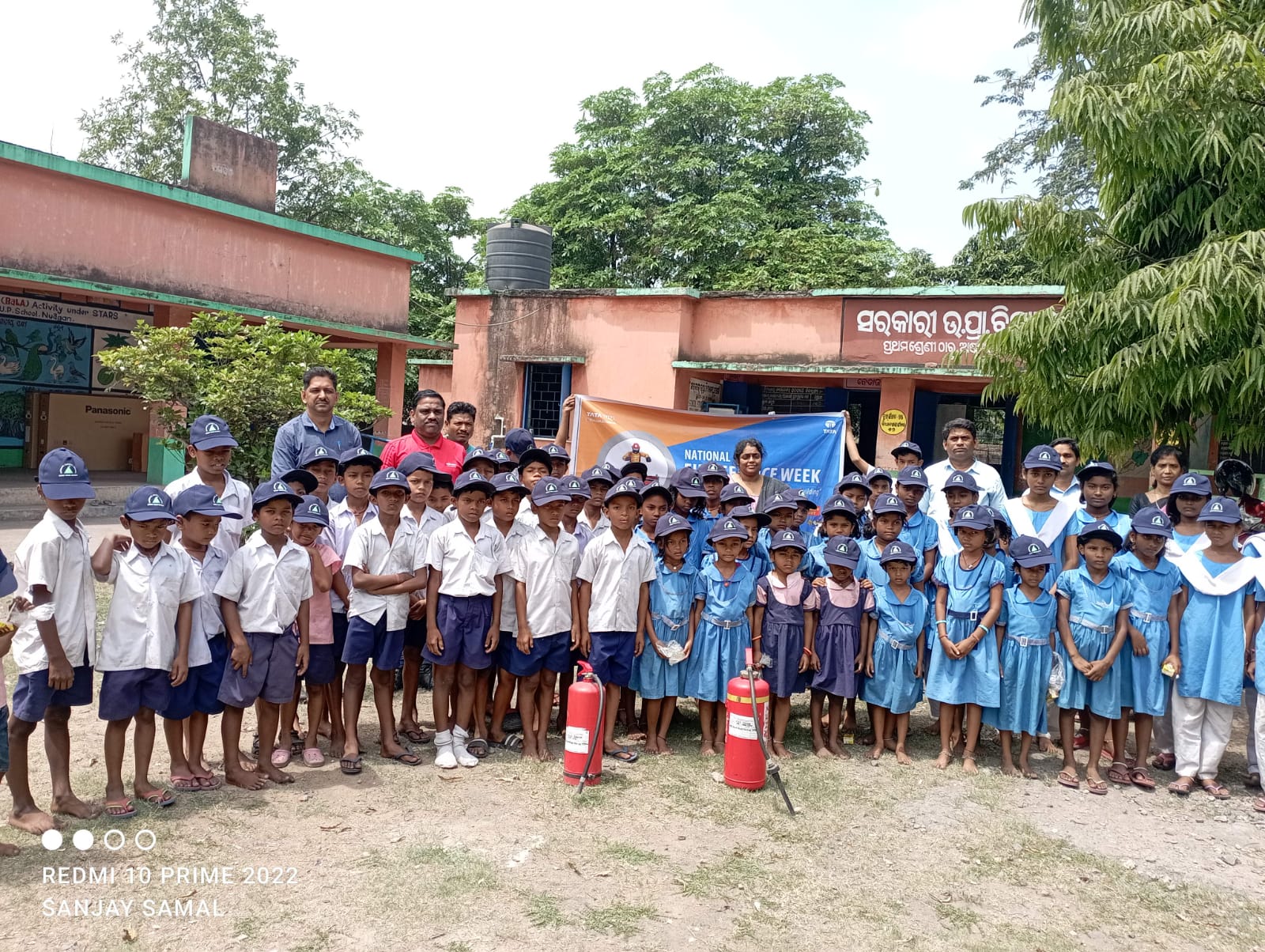Subscribe our Weekly Newsletter
Call for Applications for UAS's Urban Common & Right to City Course for Urban City Practitioners

Organization: Urban Action School
Event Duration: 10 Nov. 2018 - 30 Oct. 2018
Apply By: 21 Oct 2018
Concept:
The crisis of sustainability of the current pattern of urbanization has become the focus of the development discourse today, in the background of the growing urban demographic in relation to the rural, especially in the countries of the developing world. We are seeing the destruction of agrarian economies,and also migration due to poverty, conflict, or disasters, whether natural or manmade due to climate change and profit oriented urban ‘planning’. Cities represent avicious disparity in incomes and life styles.
Joblessness, economic and social disparity and the problem of access to essential and basic necessities and services, affect people in almost every country in the world. The need for a framework to ensure justice and dignity for all, is a major concern. Although there have been many debates on possible alternative paradigms, solutions continue to elude us, not because of ideas are not around us, but because there has been too little conviction from policy makers and ordinary citizens to imagine and insist upon moving away from an elitist, profit driven mode of urban development, totally under the control of the ‘free market’ which is (ironically) controlled by big business.
The Right to the City, a framework a concept introduced by Lefebvre and developed into a framework for resistance by David Harvey, around which urban social movements have converged has become a byword for social movements, first in Latin America, but later in different parts of the world, to forge a new understanding of common collective entitlement and the relationship of people to their city.
The idea of a ‘commons’ refers to the resources accessible to all members of a society, including natural materials such as air, water, and a sustainable, habitable earth. While originally commons referred mainly to collective ownership of land, the concept has broadened, especially in an urban setting, to include all manner of natural, cultural and social needs of people. It has emerged as a possible framework for ensuring that everyone has access to affordable, good quality essential and basic necessities and services, irrespective of whether they have jobs or not, and whether they have the capacity to pay for it or not, which is critical given the high cost of many essential social needs, eg. housing, education and health, energy even water for many in many parts of the world.
Social commons mean shared ownership and control, forging new relations between people and the public realm. Commons go beyond markets and states, both of which will have to adopt a different logic in order to ensure its access.
The commons approach can help to build a new narrative to strengthen and broaden people’s movements as well as for political and legal action against the exploitative use of our resources. Commons are about power. Claiming and controlling social commons means building power together with others. The labour movement in particular, has to play an important role, countering the fragmentation and precarisation of work, taking into account the role of women and creating alternatives based on their abilities and skills.
This edition of the annual 3- week course of the Urban Action School will focus on the Commons, the framework and how it can be embedded in the Right to the City.
The course will break down the various aspects of the Commons: Physical commons, Social Commons, Ecological commons, Digital commons, and also touch upon the context of urbanization, ecology and Right to the City.
Note: Applications are invited from India and outside.
Who can apply
Open to all: Social workers, political activists, people working with community organizations, social movements, trade unions, urban local bodies, media persons, government officials, research students, elected peoples’ representatives working and dealing with the ‘Urban issues’ are eligible to apply for this course. Experienced professionals are preferred for this course as it is essentially designed to skill mid-career professionals. A minimum of five years of experience will be preferred.
Course Content
Each year the course curriculum is redesigned to reflect latest ideas, issues, and concerns. The intention is to make the course a credible and significant contribution to understanding of cities, citizens, and people-oriented sustainable planning with an attempt to deal with and find solutions to growing urban poverty, migration, alienation, exclusion, violence, and lack of regulation and planning. The following are some of the themes that will form part of the course:
How will it be useful
The Urban Action School will bring together activists/ practitioners working on a range of issues relating to urban poverty, exclusion, livelihood, and urbanization from a wide range of disciplines. The UAS hopes to establish, over time, communities of practice and activist knowledge in various disciplines by creating a forum for cross-sectoral learning. The UAS also facilitate cross-pollination of ideas and experiences between different activists/ practitioners. It will provide an opportunity for a critical take-aways.
Methodology adopted
The course will employ multiple methods of teaching over and above the regular classroom pedagogy. Methods such as field visits, group discussions, multimedia, theater, video conferencing etc. will be used. There will be simultaneous translation facility to bridge the language gap, depending on the number of people opting for it.
Host organizations
Main organizers: Citizens Rights Collective (CiRiC), i.e., ActionAid India’s Urban Poverty Knowledge Activist Hub, and South Institute for Public Policy and Action (SIPPA), in collaboration with Institute of Public Enterprise (IPE), an autonomous institution based in the Osmania University campus, Hyderabad.
Selection process
The host organizations will constitute a group of panelists to go through the applications and choose 30 participants. Selection will be broadly based on representation from different regions and sectors of practice. Care will be taken to see that there is adequate diversity, based on caste, gender and minorities. The decision of the selection committee will be final.
Terms of the Residential Course
Accommodation. The course and the accommodation will be arranged at IPE. This will be on twin sharing basis. Food. Simple food will be provided.
Course-related Costs. Boarding and lodging as well as course materials will be taken care of by the host organizations, as also overhead costs pertaining to the course related activities such as field visits, stationery, reading materials etc.
Travel to IPE, Osmania University. Participants are expected to take care of their travel from their respective locations to and from the venue. A few travel scholarships are available for this course. If you wish to avail of it, please state your reasons clearly the reasons in the application form or let us know. However, we cannot guarantee this scholarship for all applicants.
How to apply
Fill the application form below and email it to the following email id: urbanactionschool@gmail.com such that it reaches us before 21stOctober 2018 (midnight IST). You can also print the application form and send it by post or courier to the address below.
Mail and contact:
Dr. Pritha Chatterjee, Course Coordinator, Urban Action School
R 7, Hauz Khas Enclave, New Delhi - 110016
Ph: +91-11-40640506/ +91-11-40640536
PLEASE APPLY EARLY!
Closing date for applications is 21stOctober 2018 (midnight IST)
For more information & application form, click here
Latest Online Store
Latest Tenders And EOIs
Latest News
© Renalysis Consultants Pvt Ltd


























